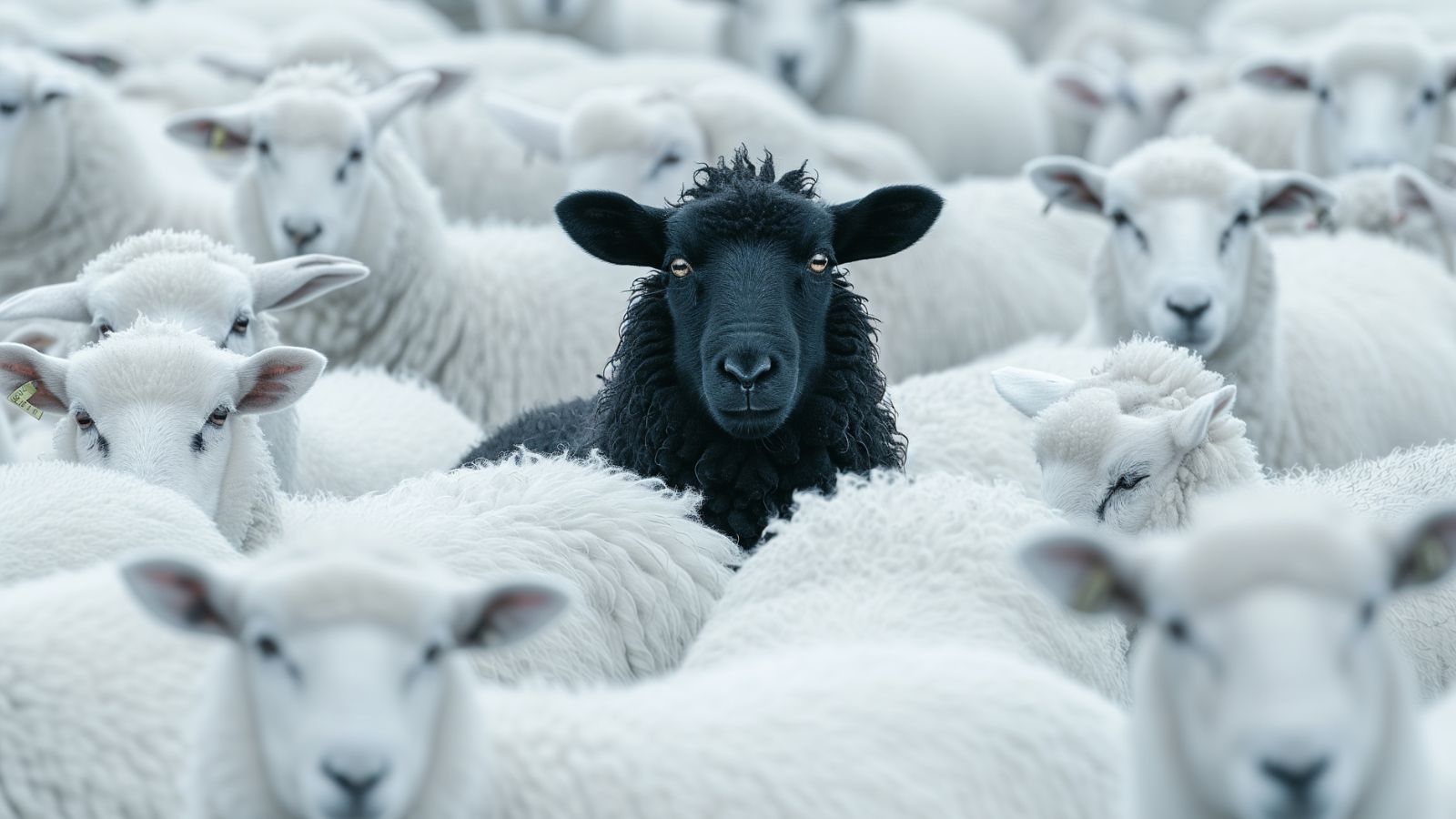Most of us use everyday common phrases during our conversations, but rarely do we stop to consider the origins of these well-known sayings. In certain cases, they have racist foundations which can further perpetuate inequalities within modern society. Let’s take a look at some of these deeply ingrained phrases and discover their true meanings.
Sold Down the River

We use this phrase to describe unfaithful or disloyal behavior from someone we trusted. Being ‘sold down the river’ means that we’ve been betrayed, so it carries little in the way of positivity. It originates from the cruel practice of selling enslaved people from the Upper South to the harsher conditions of the Deep South.
Gipped or Jipped

If we’ve been gipped, we’ve been cheated or swindled. The word is derived from the word ‘gypsy,’ which perpetuates harmful stereotypes about Romani people being deceitful. Continual use of the word exacerbates the marginalization of Romani communities.
Peanut Gallery
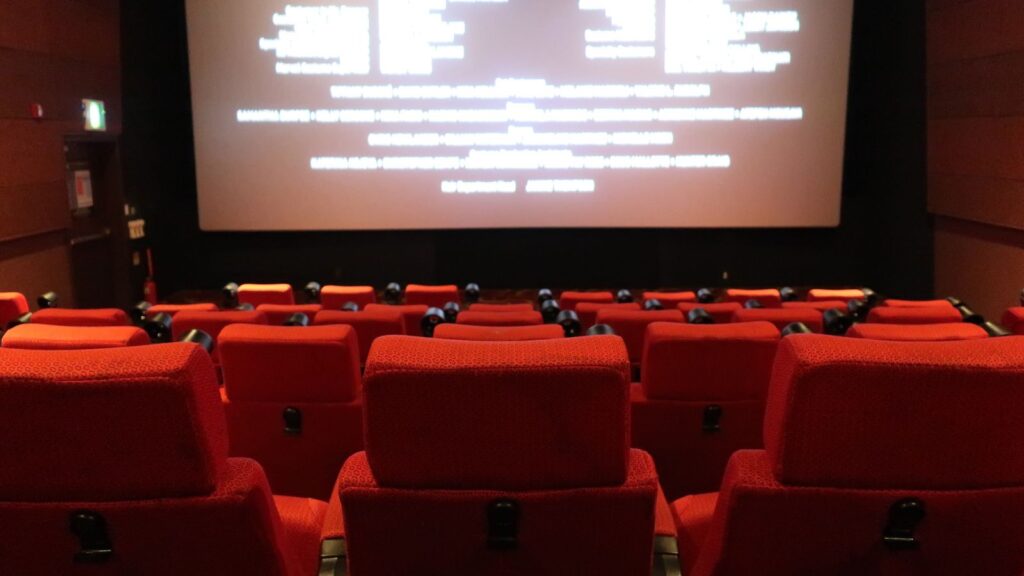
While less common than many other phrases, the Peanut Gallery historically referred to the cheapest seats in theaters. Sadly, this area was often segregated and occupied by Black patrons. The phrase has racist connotations, perpetuating the idea of Black people as unruly or disruptive.
Paddy Wagon
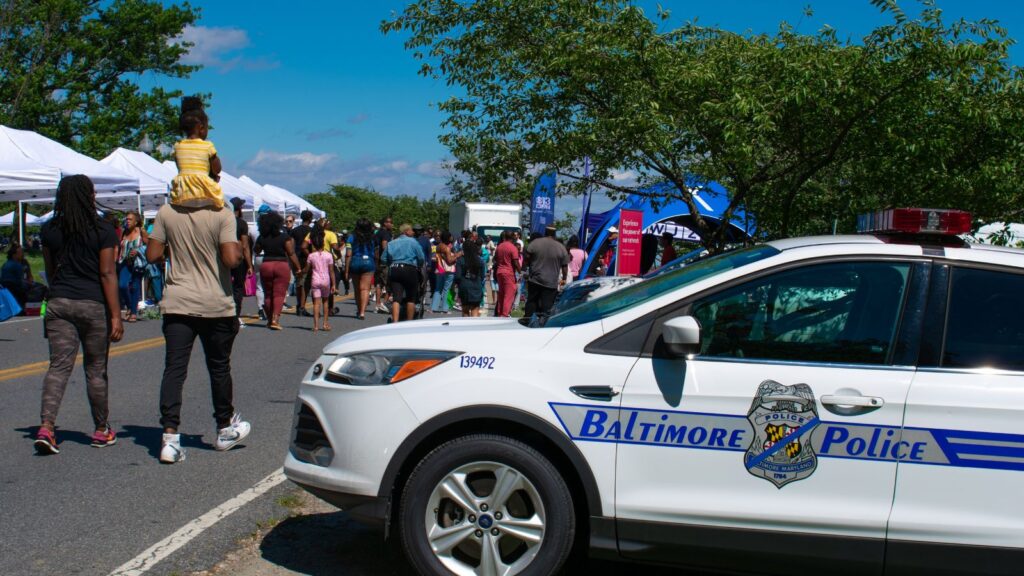
A paddy wagon comes from a stereotype aimed at Irish populations. ‘Paddy’ has long been a common nickname for Irish men, and people started to use ‘paddy wagon’ to refer to the police vans rounding up drunk or criminal Irishmen. In modern times, the term is used freely to describe police cars or vans, but it’s not the best way to remember your heritage, though the Irish population seems to have embraced it.
Uppity

The term uppity was used freely in the '70s and '80s and referred to someone who was snobbish or rude. It was originally used to describe Black people who dared to assert their rights or challenge the status quo and carried connotations of arrogance and insubordination. The famous children’s series Mr. Men even had a character named Mr. Uppity, but this has more recently been changed to Mr. Snooty due to its racist connotations.
No Can Do
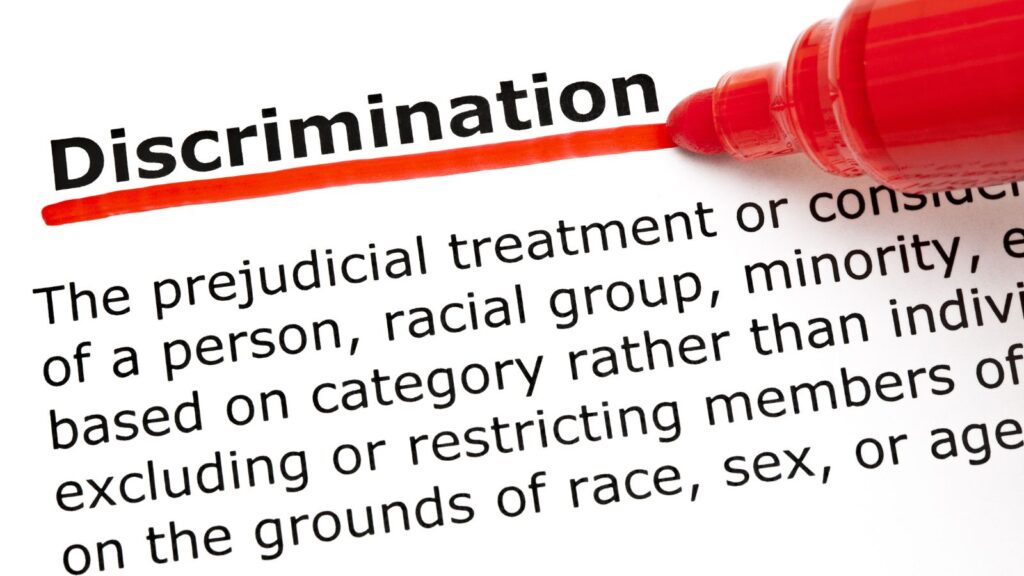
This popular phrase has its roots in anti-Chinese sentiment during the 19th and early 20th centuries. It was a time when Chinese immigrants faced discrimination and were stereotyped as being unable to speak English fluently. The meaning speaks for itself and translates to ‘I can’t,’ but it’s hard to believe that such a commonly used term carries such problematic meaning.
Grandfather Clause

A grandfather clause relates to old rules that apply to existing situations, while newer rules apply to future cases. It is often applied to loyalty price schemes for older customers, with newer customers charged at higher rates. In the post-Civil War South, grandfather clauses were used to disenfranchise Black voters by exempting individuals from literacy tests or poll taxes if their grandfathers had been eligible to vote.
Thug
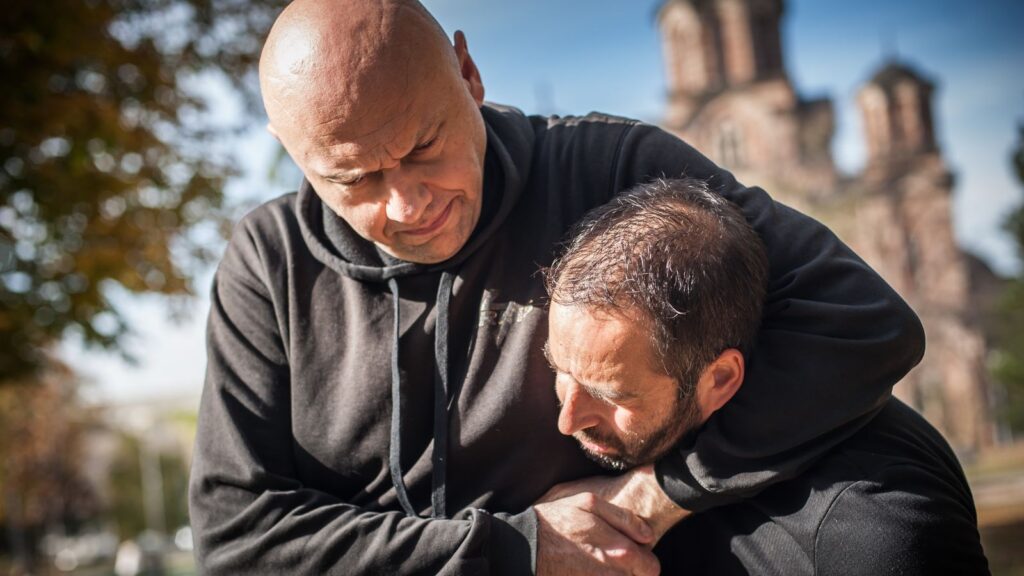
While often used as a synonym for criminal or delinquent, the term ‘thug’ has been weaponized against Black communities over the years. Some liken the word to a modern version of the ‘N’ word, which only perpetuates stereotypes of Black men as inherently violent or dangerous. It originates from 1350s India meaning a thief or swindler.
Hip Hip Hooray
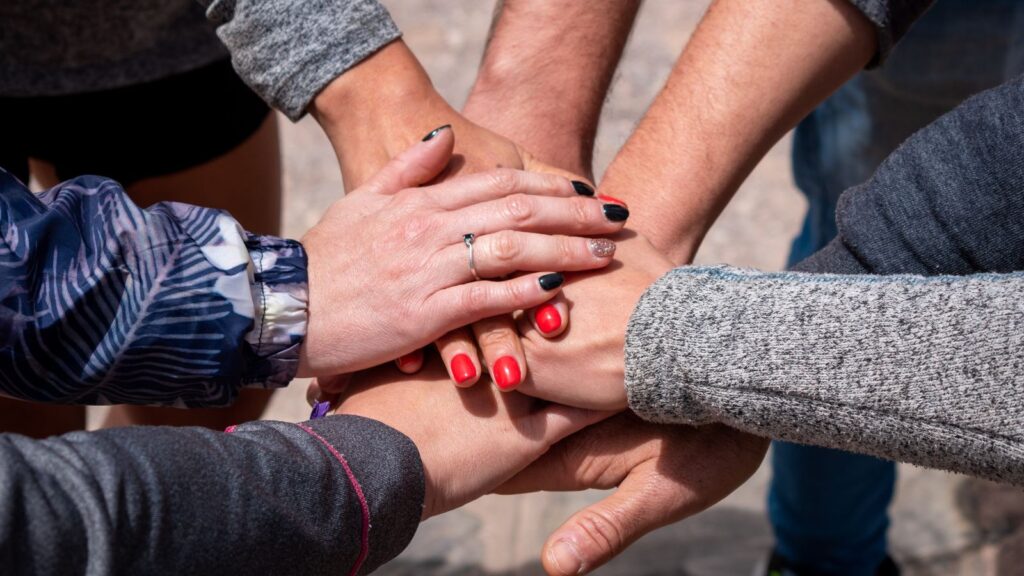
It appears as an innocuous children’s term often used in birthday celebrations but has a dark history rooted in anti-Semitic sentiment. During the Holocaust, Nazis would force Jewish prisoners to cheer ‘hip hip hooray’ before executing them, turning the phrase into a symbol of oppression and genocide.
Ghetto

The term originally referred to the segregated neighborhoods where Jewish people were confined during the Holocaust, but in modern times, it describes impoverished urban areas often populated by Black inhabitants. This only adds to the stereotype of impoverished Black people.
Rule of Thumb

While commonly used to explain a general principle or guideline, this phrase has a disturbing origin. It is believed to derive from an old English law that allowed men to beat their wives with a stick as long as it was no thicker than the husband's thumb. Few of us are aware of this when we use it casually in conversation, but it perpetuates violence against women.
Blacklist and Whitelist
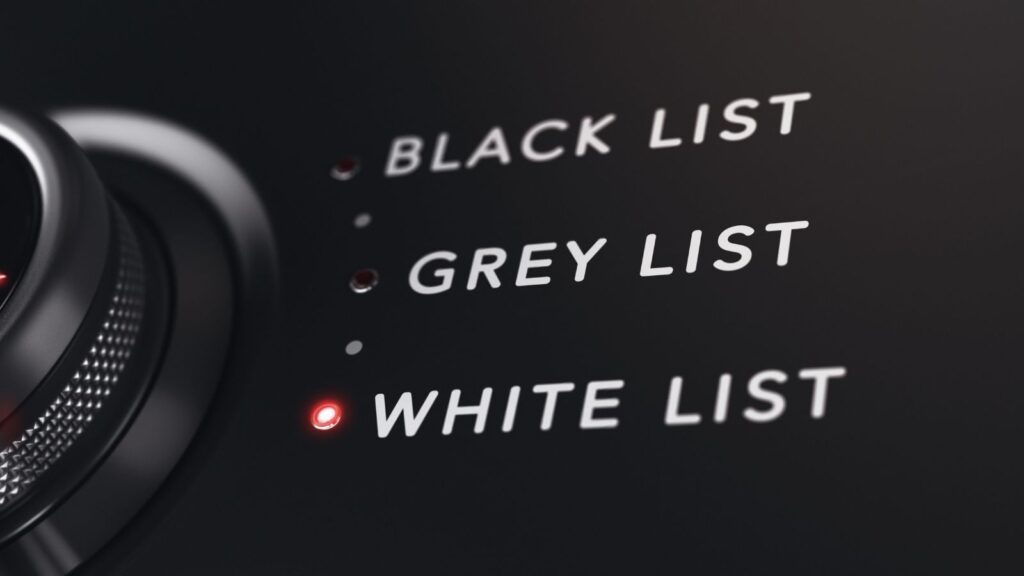
When something or someone is blacklisted, they are excluded or punished. On the flip side, a whitelist refers to inclusion or approval. This use of color-coded language reinforces harmful racial stereotypes and creates a mass divide between races.
Eenie, Meenie, Miney, Moe

Thankfully, the modern version of this children's rhyme uses ‘tiger’ or ‘soldier,’ but the original version included a racial slur targeting Black individuals. The removal of this offensive language from the rhyme was essential to prevent the perpetuation of racism.
Black Sheep
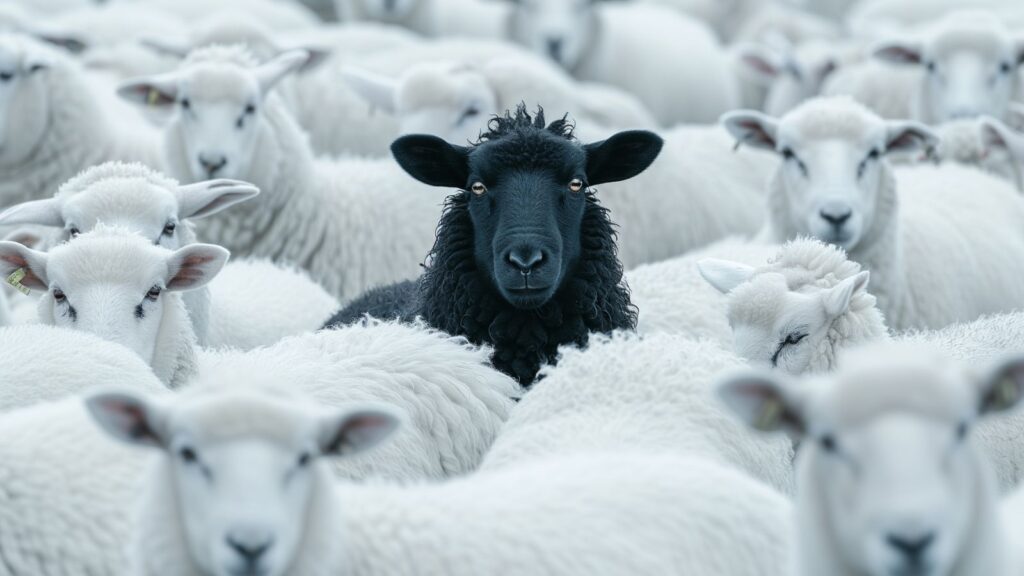
The black sheep refers to an outsider or troublemaker within a group, sometimes used to alienate a family member by highlighting their differences. It originated in 18th-century England when black sheep were born into a family of white sheep. Due to the difficulties faced in dying the darker colors, the black color was seen as the mark of the Devil. It’s easy to see how this term carries severe racial connotations, associating Blackness with negativity or deviance.
Cakewalk

Originating from the dance competitions enslaved Black people were forced to participate in for the entertainment of white slaveholders, the term trivializes the exploitation and suffering of enslaved individuals. It refers to a one-sided competition where victory is easy for one party.
Eskimo
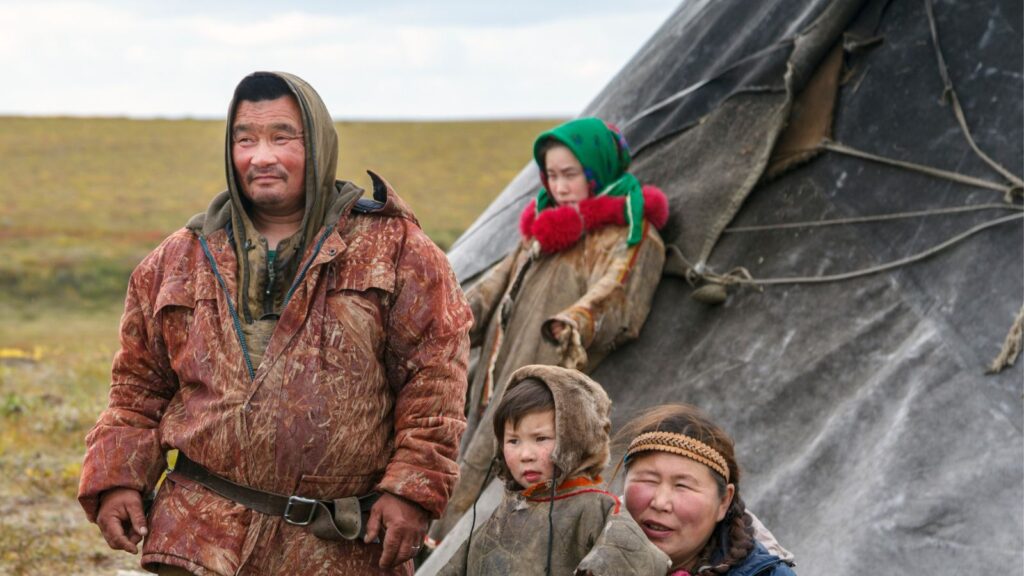
Few of us are aware that this term is considered derogatory and offensive to Indigenous peoples, particularly the Inuit and Yupik communities of the Arctic regions. While we often assume that it innocently refers to a member of an indigenous tribe, it perpetuates stereotypes and dismisses the diverse cultures and identities of Indigenous peoples.
Blackball

The term ‘blackball’ carries racist connotations as it was once used to exclude or ostracize Black individuals from social or professional circles. To blackball is to vote against or ban from a group, so the term encourages discrimination and exclusion.
Spirit Animal

The term ‘spirit animal’ is often used by spiritual members of society who embrace the notion of being guided by a spirit animal. This can be offensive to Indigenous groups who feel that this appropriation undermines the true spiritual and sacred meanings of the concept.
30 Traditional Sayings That Are Now Considered Offensive by Woke Culture

30 Traditional Sayings That Are Now Considered Offensive by Woke Culture
21 Habits Often Associated With Having a Lower Social Status

21 Habits Often Associated With Having a Lower Social Status
25 Social Issues Gen Z are Determined to Cancel

